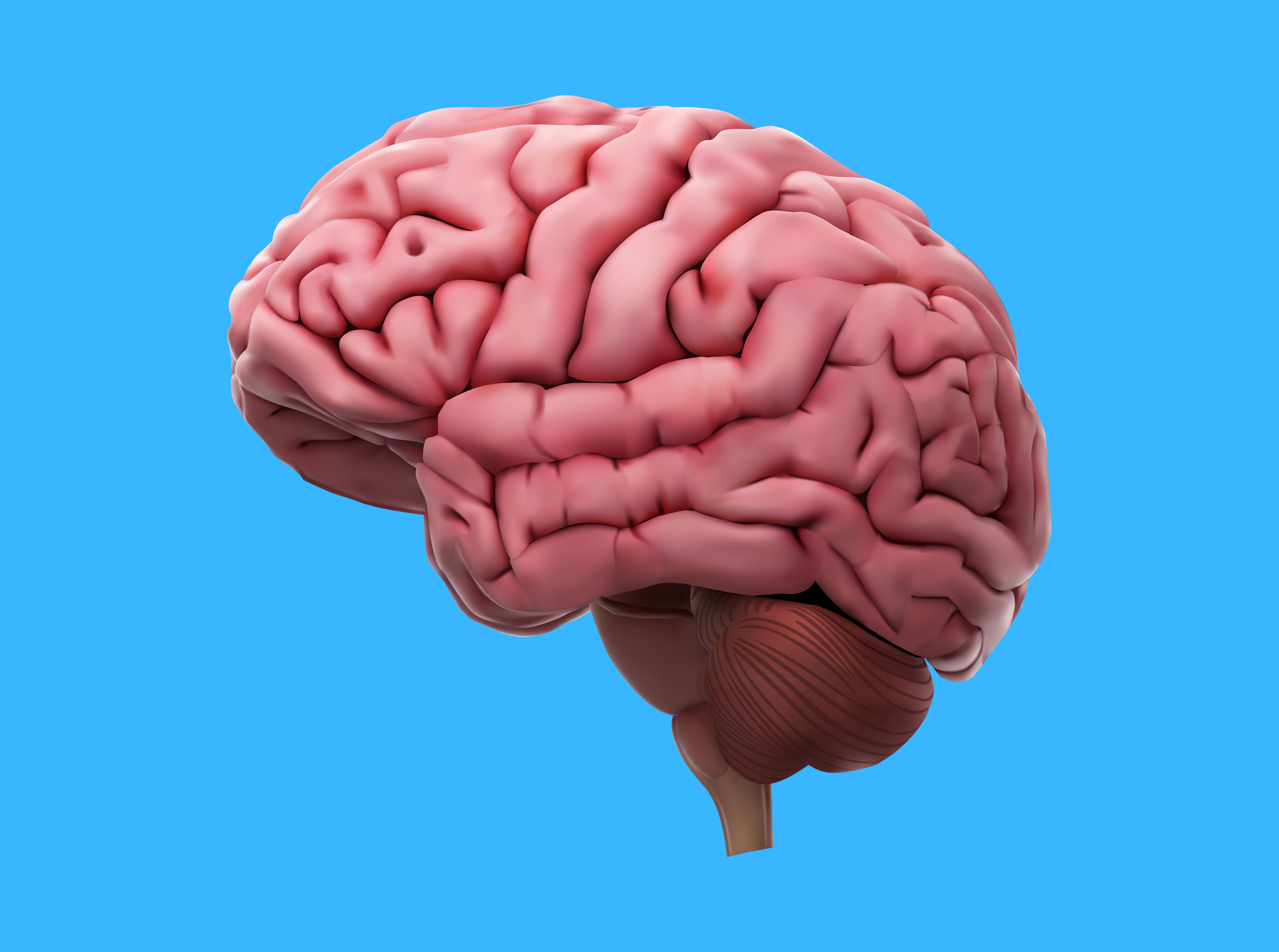
Neurologist : benefits of Cyanopower & Cyanoamrut
Spirulina is gaining recognition among neurologists as a multifunctional neuroprotective nutraceutical with strong therapeutic promise in neurodegenerative and neuropsychiatric disorders
prevalent in India. It exhibits potent antioxidative, anti-inflammatory, and neuromodulatory properties that contribute to its benefits in managing Alzheimer’s disease, schizophrenia, and Rett
syndrome—each associated with chronic neuroinflammation, oxidative stress, and neurotransmitter imbalance (Chamorro-Cevallos et al., 2008; Park et al., 2008). Notably, Spirulina contains key
bioactive components such as phycocyanin, superoxide dismutase (SOD), and polyunsaturated fatty acids (PUFAs) that have been shown to cross the blood–brain barrier, reducing neuronal apoptosis
and preserving synaptic plasticity (Wu et al., 2016). In Alzheimer’s disease models, Spirulina attenuates β-amyloid-induced neurotoxicity, modulates acetylcholine levels, and improves memory
scores (Kuriakose & Kurup, 2008).
In psychiatric conditions such as schizophrenia, Spirulina’s high content of L-tryptophan—a serotonin precursor—supports improved neurotransmitter balance, mood regulation, and sleep architecture,
offering a complementary mechanism alongside conventional pharmacotherapy (Puyfoulhoux et al., 2001). Similarly, emerging studies on Rett syndrome models show that Spirulina may ameliorate cognitive
and motor dysfunction through glial cell modulation and reduced oxidative load (Montes et al., 2020). Given its excellent safety profile, neurotropic potential, and broad mechanistic activity,
Spirulina represents an ideal adjunctive dietary intervention in modern neurological practice.
Selected References:
← Back to Benefits